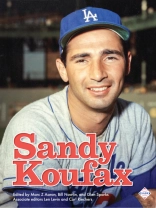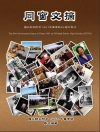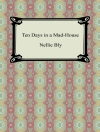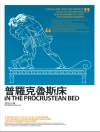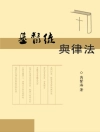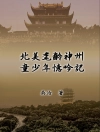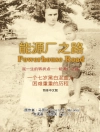SABR’s book on Sandy Koufax explores what made him so special in baseball and American society through 17 insightful essays and recaps of 36 key games in his career.
Touching on subjects from Koufax’s potential basketball (!) career, his relationship with manager Walt Alston, celebrity culture in LA, and his effect on the hurlers who came after him, to analyses of Koufax’s stats and records, SANDY KOUFAX takes a deep dive into one of baseball’s true greats.
Many pitchers enjoyed longer careers than Sandy Koufax. Few, however, reached the glorious heights of this Dodgers left-hander.
Signed as a bonus baby at the age of 19, the Brooklyn native spent his early years battling control issues while also displaying occasional flashes of brilliance. Finally, frustrated and on the verge of retirement, he decided, 'I was really going to find out how good I can be.’ In 1961, in his seventh big-league season, Koufax led the majors in strikeouts. From 1962-66, he compiled a 111-34 won-loss record and a 1.95 ERA. He led the National League in ERA every season during that span, hurled four no-hitters, and won three Cy Young awards. Hitters feared his devastating mix of fastballs and curveballs. The great slugger Willie Stargell once said, 'Trying to hit Sandy Koufax was like drinking coffee with a fork.’ In eight World Series games, he posted a 0.95 ERA.
Unfortunately, Koufax also battled arm injuries. Tired of all the pain medication, he called it quits after the 1966 season, a few months before his 31st birthday, his place in the Baseball Hall of Fame assured.
Koufax is revered in the Jewish community, even among non-Dodger fans, for his decision not to pitch in Game One of the 1966 World Series, which was scheduled on the Yom Kippur holy day. 'There was no hard decision for me, ’ Koufax said. 'It was just a thing of respect.’
Sandy Koufax is a collaborative effort of 47 members of the Society for American Baseball Research (SABR).
